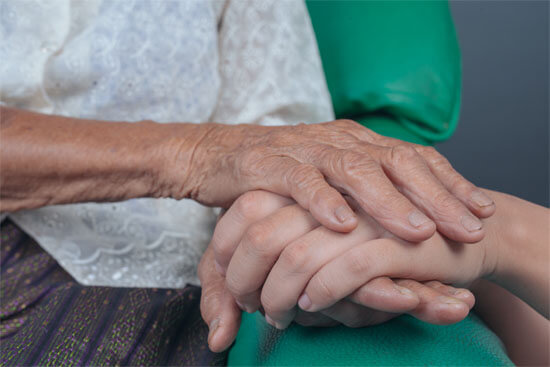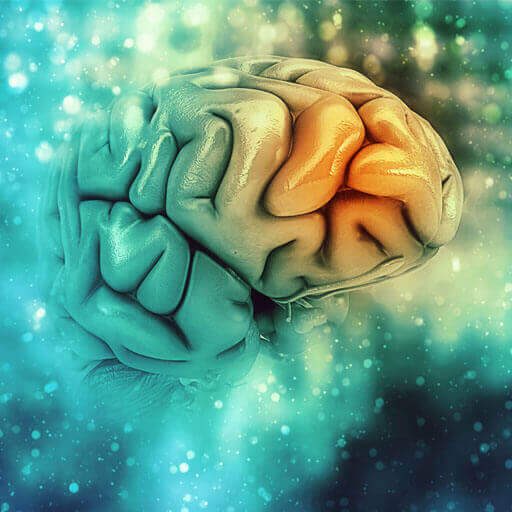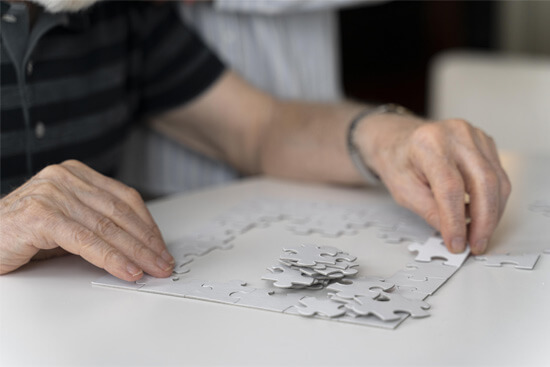What is home care for Alzheimer’s patients?
Home care for Alzheimer’s patients, including those who are unable to care for themselves due to Alzheimer’s disease, which is provided by a team of experts in the field. In particular, health problems in patients with advanced Alzheimer’s disease endanger their vitality, leading to the need for general practitioner care. In such cases, both the patient and the patient’s family are encouraged to seek outpatient medical services with physician approval.



